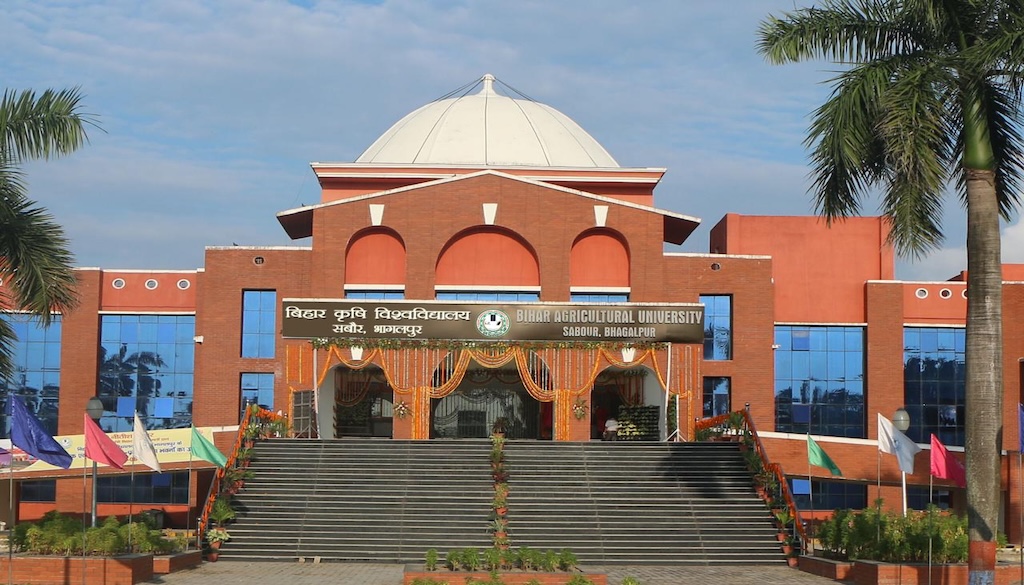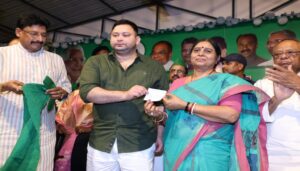Two-Day Bioinformatics Training Program Successfully Concludes

Sabour: The Division of Bioinformatics at the College of Agricultural Biotechnology (CABT), Bihar Agricultural University (BAU), Sabour, in collaboration with the Society for Plant Biochemistry and Biotechnology, New Delhi, successfully concluded a two-day hands-on training program on bioinformatics. The event, held under the leadership of Vice Chancellor Dr. D.R. Singh and CABT Principal Dr. N. Chattopadhyay, aimed to equip participants with practical knowledge in bioinformatics and foster interdisciplinary collaboration.
The program attracted students, research scholars, and faculty from various colleges and universities across Bihar and other states. It provided insights into cutting-edge bioinformatics techniques, particularly in understanding plant diseases and improving agricultural productivity.
Keynote lectures were delivered by leading experts in the field. Dr. Dhivya from Altem India, Bengaluru, and Mr. Nitesh from NGB Diagnostics, New Delhi, emphasized the importance of protein-protein docking and protein-ligand docking in studying plant disease mechanisms. They also discussed gene discovery techniques, highlighting their relevance in identifying lead compounds to combat plant diseases.
Dr. Tapan Kumar Mondal, Principal Scientist at the National Institute for Plant Biotechnology (IARI), New Delhi, delivered an inspiring keynote address on genome sequencing’s transformative potential. He shared insights from the Indian Tea Genome Sequencing Project, which revealed critical differences between Indian and Chinese tea species. His lecture underscored the advancements in genomics and their applications in developing designer plants.
Practical sessions, led by Division of Bioinformatics faculty members Dr. Pawan Jayaswal, Animesh Kumar, Dr. Ankita Negi, and Dr. Pitambara, provided participants with hands-on experience in managing biological datasets, exploring biological databases, and working with next-generation sequencing (NGS) technologies. Topics such as marker prediction and statistical data analysis were also covered, enhancing the participants’ technical skills.
The workshop concluded with a vote of thanks and a certificate distribution ceremony. Participants expressed their gratitude for the opportunity to interact with industry and academic leaders while gaining valuable practical knowledge.
This initiative exemplifies the collaborative efforts of CABT and partnering institutions to drive agricultural innovation through bioinformatics. It marks a significant step toward developing advanced plant varieties that benefit farmers and enhance agricultural productivity.





